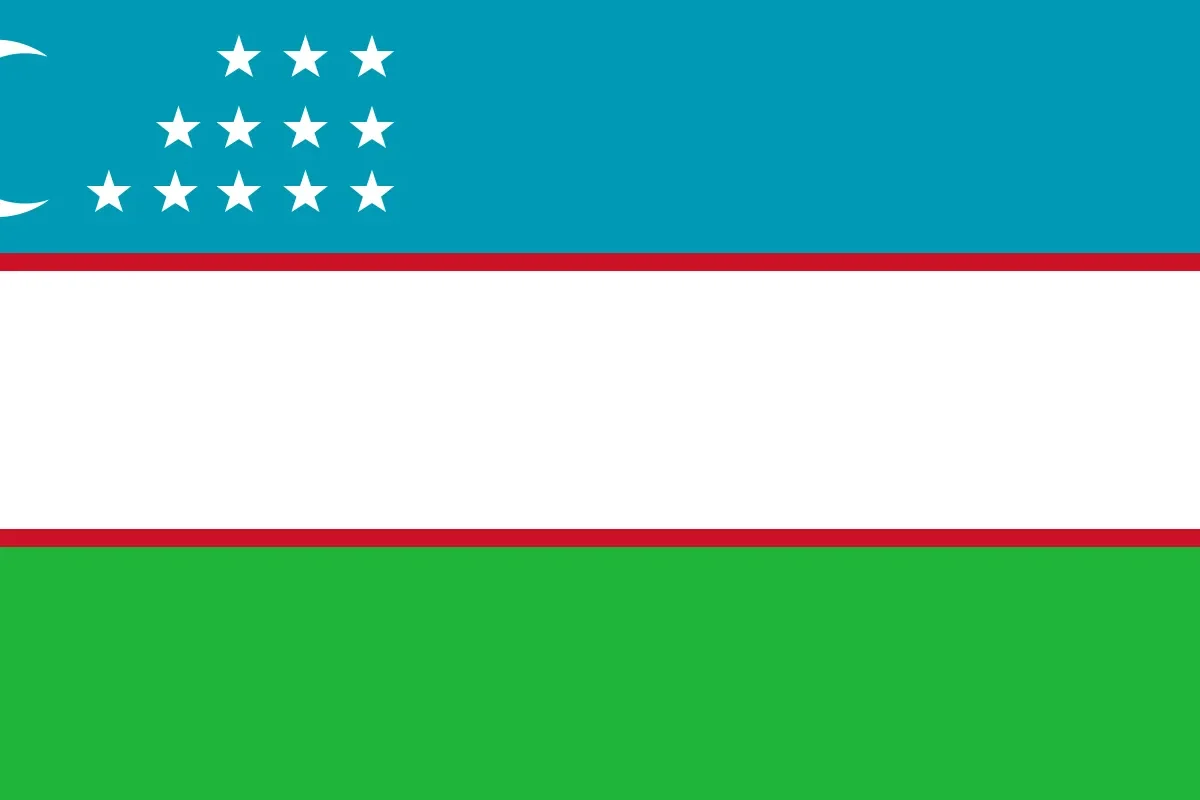A Confederação do Comércio e da Indústria da Ásia-Pacífico (APCIC) tem o prazer de apresentar este guia completo sobre a Indonésia, a maior economia do Sudeste Asiático e um ator-chave no comércio global. Este relatório fornece informações sobre o panorama económico da Indonésia, as principais indústrias, as políticas comerciais, o quadro fiscal e as recomendações estratégicas para os membros da APCIC que exploram oportunidades neste mercado dinâmico e rico em recursos.
1. Panorama económico
A Indonésia, com um PIB de aproximadamente $1,4 triliões em 2023, é a 16ª maior economia do mundo e a maior do Sudeste Asiático. Conhecida pelos seus vastos recursos naturais, população jovem e localização estratégica, a Indonésia é um centro vital de comércio e investimento na região da Ásia-Pacífico.
Principais indicadores económicos:
- crescimento do PIB: Estimado em 5,1% em 2023, impulsionado pelo consumo interno, exportações e desenvolvimento de infra-estruturas.
- População: Cerca de 280 milhões, com uma classe média jovem e em crescimento.
- Taxa de inflação: Estabilizado em 3,4% em 2023, reflectindo políticas monetárias eficazes.
2. Principais sectores de atividade
A economia da Indonésia assenta numa combinação de sectores tradicionais e emergentes:
- Recursos naturais: Um grande exportador de carvão, óleo de palma, níquel e borracha, com investimentos crescentes na extração sustentável de recursos.
- Fabrico: Crescimento nos sectores da eletrónica, automóvel e têxtil, apoiado pela iniciativa "Making Indonesia 4.0".
- Turismo e hotelaria: Conhecida por destinos como Bali e Yogyakarta, a Indonésia está a expandir a oferta de ecoturismo e de turismo de luxo.
- Energias renováveis: Os investimentos em energia geotérmica, solar e eólica estão alinhados com os objectivos de descarbonização da Indonésia.
- Agricultura e agroalimentar: Líder na produção de óleo de palma, café e especiarias, com uma ênfase crescente nas exportações de alto valor e de produtos biológicos.
- Tecnologia e economia digital: Um ecossistema de startups em expansão, em especial no domínio das fintech e do comércio eletrónico, impulsionado pela adoção generalizada de smartphones.
3. Políticas comerciais
As políticas comerciais da Indonésia visam reforçar a sua integração global e a diversificação económica:
- Parceria Económica Regional Abrangente (RCEP): A adesão proporciona um acesso preferencial ao mercado da ASEAN e dos seus principais parceiros comerciais.
- Acordos de comércio livre (ACL): Acordos activos com o Japão, a Coreia do Sul e a Austrália, juntamente com os ACL a nível da ASEAN.
- Economia orientada para a exportação: As políticas dão prioridade às exportações nos sectores dos recursos naturais, da agricultura e da indústria transformadora.
4. Enquadramento fiscal
O sistema fiscal da Indonésia foi reestruturado para incentivar o investimento estrangeiro:
- Imposto sobre as sociedades: Taxa normal de 22%, com reduções para certos sectores e regiões.
- Imposto sobre o Valor Acrescentado (IVA): Taxa normal de 11%, aplicável à maioria dos bens e serviços.
- Imposto sobre o rendimento das pessoas singulares: Taxas progressivas que variam entre 5% e 35%, consoante os níveis de rendimento.
- Incentivos ao investimento: Estão disponíveis isenções fiscais, taxas reduzidas para as empresas e isenções aduaneiras para investimentos em sectores prioritários.
5. Clima de investimento
A Indonésia oferece um ambiente favorável ao comércio e ao investimento, caracterizado pela sua localização estratégica e pelo seu vasto mercado interno:
- Localização estratégica: Situada ao longo das principais rotas comerciais marítimas, a Indonésia é uma porta de entrada para a região da Ásia-Pacífico.
- Mão de obra jovem: Uma força de trabalho crescente e cada vez mais instruída favorece a inovação e a produtividade.
- Desenvolvimento de infra-estruturas: Os investimentos em portos, aeroportos e redes de transportes melhoram a conetividade e a eficiência.
- Ecossistema de inovação: Iniciativas governamentais como o programa "Digital Indonesia" promovem o crescimento da tecnologia e do comércio eletrónico.
6. Recomendações estratégicas
Para os membros da APCIC que estão a considerar investimentos ou comércio na Indonésia:
- Tirar partido da riqueza dos recursos naturais: Parceiro na extração e transformação sustentáveis de níquel, carvão e outros recursos para satisfazer a procura global de tecnologias de energias renováveis.
- Expandir na indústria transformadora: Investir na produção eletrónica, automóvel e têxtil no âmbito do programa "Making Indonesia 4.0".
- Explorar as exportações agro-alimentares: Colaborar com os produtores locais para exportar produtos de elevado valor como o café, o óleo de palma e as especiarias.
- Investir em projectos de energias renováveis: Explorar oportunidades no domínio da energia geotérmica, solar e eólica, em conformidade com os objectivos de transição energética da Indonésia.
- Envolver-se no crescimento do turismo: Desenvolver alojamentos de luxo, empreendimentos de eco-turismo e projectos de turismo cultural em destinos-chave.
- Foco na economia digital: Investir nos sectores das fintech e do comércio eletrónico em rápido crescimento na Indonésia, apoiados pela sua grande base de consumidores e pela penetração dos smartphones.
Conclusão
O vasto mercado, os recursos abundantes e a localização estratégica da Indonésia fazem dela um destino ideal para o comércio e o investimento. Os membros da APCIC são encorajados a utilizar este guia para explorar as oportunidades na Indonésia e estabelecer uma presença forte numa das economias mais promissoras do Sudeste Asiático.




